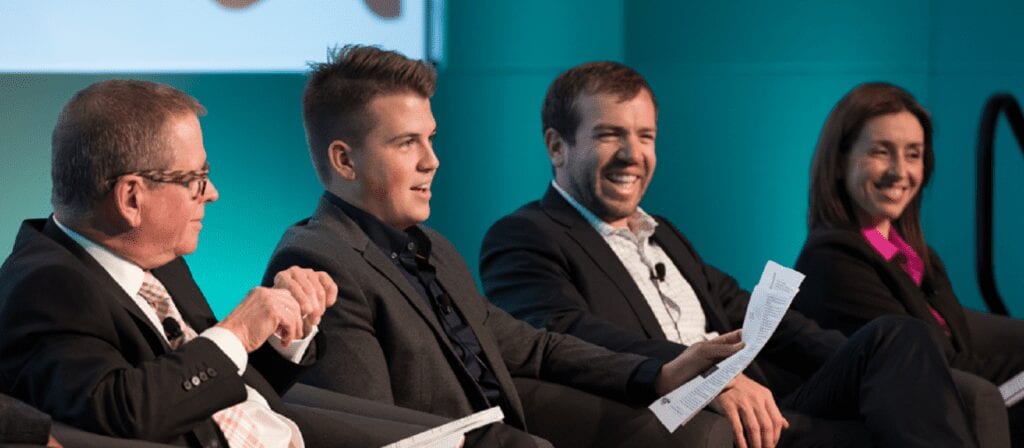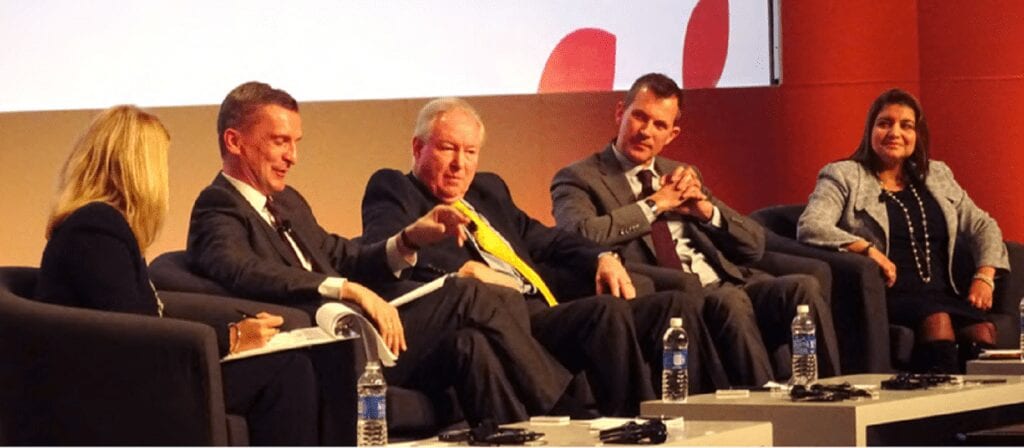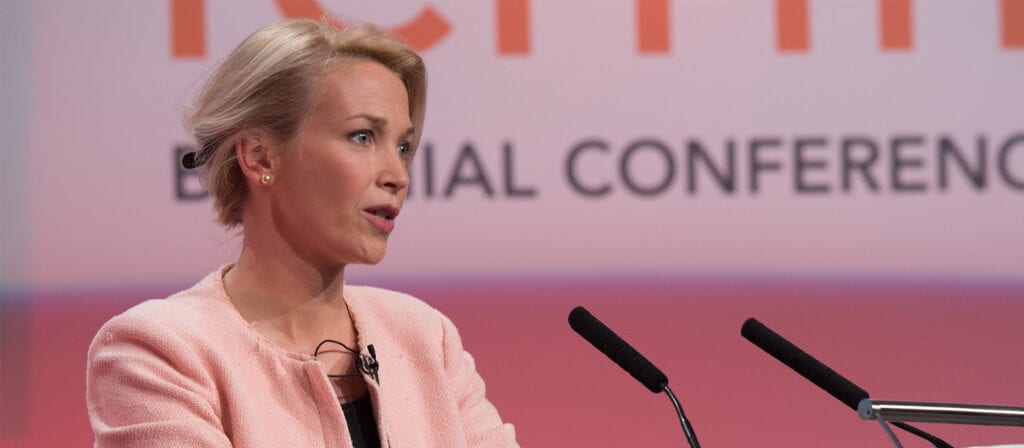The world has gone digital. Globally, there are more than three billion people with internet access; more than two billion with social media accounts; and more than seven billion hours spent on social networks monthly (social has now surpassed e-mail as the top Internet activity).
Technology has changed consumer behaviours and client expectations in all aspects of daily life: from watching television, ordering a taxi, paying for goods, etc. This has been driven by a growth in technology-based start-up companies (Uber, AirBnB) disrupting traditional serviced-based industries.
The customer journey has changed due to technology. The traditional journey was very linear as the customer usually had to go through advisors to access and transact on products. Today, the customer journey involves numerous, mostly digital channels and non-linear engagement.
Online sources influence offline purchases. By the time a consumer approaches a sales professional, they are about 57% of the way through the sales cycle. Agents and advisors have lost control of the buying process and are unable to control the flow of information to the consumer, who is more informed that ever. Consumers are more likely to have done their own (online) research and also consulted with friends and peers, either in-person or through recommendations on social media. Around 80% of millennials trust their peers more than anything else.
Customers also expect a higher level of personalised service (the Amazon effect). They expect companies to provide personalised and tailored recommendations based on their preferences.
Increasingly customers want to be communicated with, almost exclusively, on text: email, plus newer channels such as WhatsApp, WeChat, Facebook Messenger, Twitter, etc. Companies need to understand this and adapt in order to communicate with customers on their terms.
The challenge for insurance companies (and their agents) is to identify where the human touch still has the edge and can add value to customers in a way that new technology cannot.
The future will still advisors differentiate by personalised and personable service; but also by engaging customers at scale, serving more clients and adding value in easier ways. The trusted advisor of the future will still be built on relationships, but also informed by data and empowered by technology.





